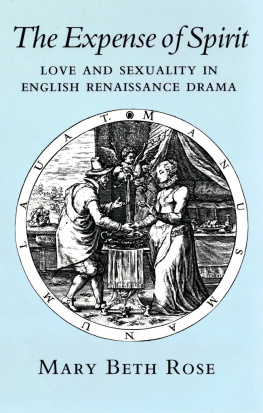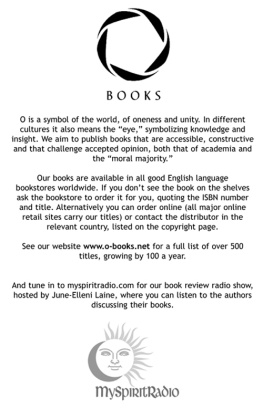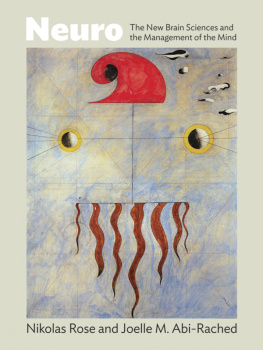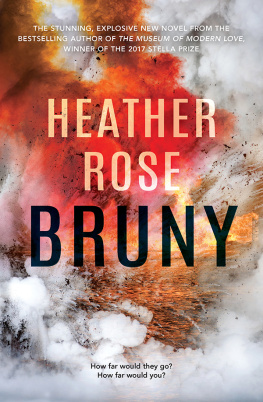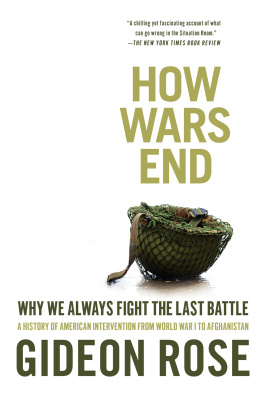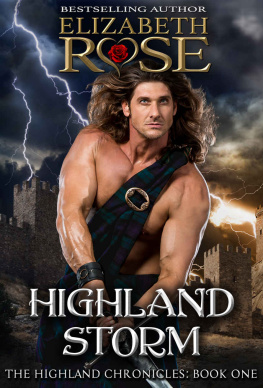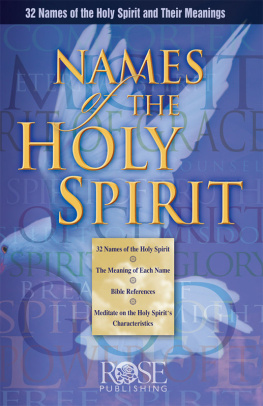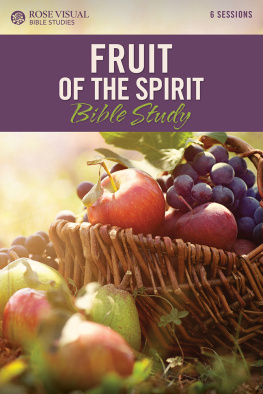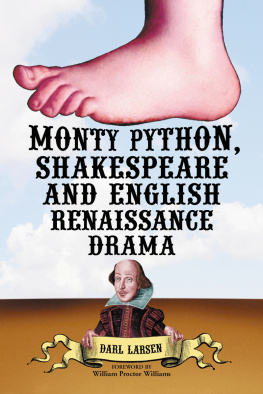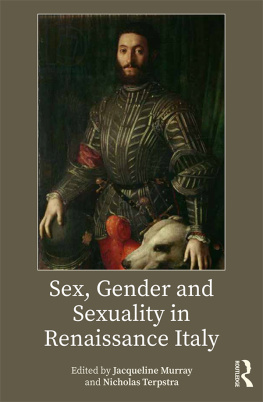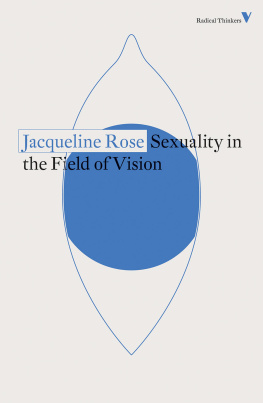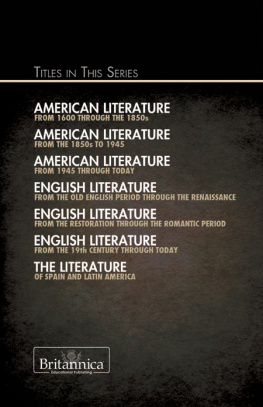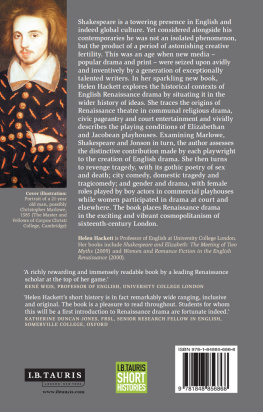Rose - The expense of spirit: love and sexuality in English Renaissance drama
Here you can read online Rose - The expense of spirit: love and sexuality in English Renaissance drama full text of the book (entire story) in english for free. Download pdf and epub, get meaning, cover and reviews about this ebook. City: Ithaca;N.Y;England, year: 1991;2018, publisher: Cornell University Press, genre: Romance novel. Description of the work, (preface) as well as reviews are available. Best literature library LitArk.com created for fans of good reading and offers a wide selection of genres:
Romance novel
Science fiction
Adventure
Detective
Science
History
Home and family
Prose
Art
Politics
Computer
Non-fiction
Religion
Business
Children
Humor
Choose a favorite category and find really read worthwhile books. Enjoy immersion in the world of imagination, feel the emotions of the characters or learn something new for yourself, make an fascinating discovery.
- Book:The expense of spirit: love and sexuality in English Renaissance drama
- Author:
- Publisher:Cornell University Press
- Genre:
- Year:1991;2018
- City:Ithaca;N.Y;England
- Rating:4 / 5
- Favourites:Add to favourites
- Your mark:
- 80
- 1
- 2
- 3
- 4
- 5
The expense of spirit: love and sexuality in English Renaissance drama: summary, description and annotation
We offer to read an annotation, description, summary or preface (depends on what the author of the book "The expense of spirit: love and sexuality in English Renaissance drama" wrote himself). If you haven't found the necessary information about the book — write in the comments, we will try to find it.
The expense of spirit: love and sexuality in English Renaissance drama — read online for free the complete book (whole text) full work
Below is the text of the book, divided by pages. System saving the place of the last page read, allows you to conveniently read the book "The expense of spirit: love and sexuality in English Renaissance drama" online for free, without having to search again every time where you left off. Put a bookmark, and you can go to the page where you finished reading at any time.
Font size:
Interval:
Bookmark:

For Larry, for my mother, Roberta Block Rose, and in memory of my father, Lincoln Rose
In the sixteenth and seventeenth centuries profound changes in the conceptualization of private life began to crystallize into recognizably modern form; and scholars have connected these transformations with changes that took place in the economic, scientific, political, and religious spheres during the early modern period. This book combines an interest in the participation of literature in these processes of cultural change during the English Renaissance with an interest in the formation of modern sexual values. Specifically, it focuses on a public and popular literary form, the drama, comparing Elizabethan and Jacobean dramatic representations of love and sexuality with those in contemporary moral and religious writings on women, love, and marriage.
Renaissance drama provides a uniquely valuable register of cultural transformation. Given the broad appeal of the theater to many classes of English society, it is not surprising that recent studies analyzing the interaction between traditionally literary and nonliterary institutions and representations have found their impetus in the drama. Although most of these studies have focused at least in part on sexuality, they have been primarily concerned to examine the interlocking connections between literary expression and configurations of political power, placing their emphasis on the relation of sexuality to public life. The present book also makes connections between literary and nonliterary discourses; but representations of sexuality are examined more intensively from what I argue is the emerging, distinctive perspective of the private life.
Considering the tradition of Elizabethan and Jacobean drama as an ongoing historical process, this book attempts to trace a course of changing representations of sexuality over time. I have explored in detail the ways in which shifts can be identified and understood precisely by focusing on dramatic structure and form. Thus the altering prestige of marriage and eros and the shifting centrality and dignity attributed to private life in nonliterary discourse find their parallels in the transforming generic decorums of comedy and tragedy. Conversely, moral and religious writing often develops discussions of love and marriage from perspectives that are recognizably comic or tragic. A basic premise results that should have implications for connecting traditionally literary with traditionally historical discourses and events: namely, that these connections can best be demonstrated neither by comparing literary plots and characters to actual persons and behavior nor by dismissing fiction as evasive or unreal, but rather by tracing the changing location of conflict and the changing nature of subject matter throughout the course of a literary tradition. By including consideration of a number of playwrights working in a variety of dramatic forms, this book also contributes to the debate about the discursive status of comedy and tragedy as conservative and/or radical contributions to English Renaissance culture.
Every scholarly book is a communal endeavor, on a practical as well as an idealistic level. Most of the research for this book was conducted at the Newberry Library, under the auspices of the Monticello College Foundation. I owe a special debt of gratitude to the Foundation and to the staff of the Newberry, particularly to my colleagues Richard Brown and Paul Gehl, for supporting this study from a very early stage in my career. At that time Leonard Barkan, Ruth El Saffar, Michael Lieb, and M. L. Wine read drafts of the early chapters and offered invaluable encouragement and advice, as each of them has continued to do ever since.
The book was completed in Oxford, England, and I am indeed grateful to the National Endowment for the Humanities for the generous support that made this work possible. The British Academy also graciously provided crucial assistance. My seven-month stay in Oxford was enhanced by the hospitality of Pembroke College, and I particularly thank Paul Hyams, Eric Stanley, and John Woodhouse from Pembroke, as well as Julia Briggs of Hertford College, for providing such a congenial collegial environment while I was in England.
Like others, I have debts too numerous to mention in the form of stimulating conversations that have influenced the writing of this book. Among those colleagues who have offered sensitive, thoughtful readings of all or part of the manuscript, I am especially grateful to David Bevington, Natalie Davis, Barbara Ewell, Shirley Garner, S. Clark Hulse, Arthur Kinney, Scott McMillin, Leah Marcus, Janel Mueller, Leo Salingar, and Teresa Toulouse.
Versions of the first two chapters of this book appeared in Renaissance Drama , N.S. 15 (1984), and in English Literary Renaissance , 14 (Autumn 1984), and I thank these publications for permission to use those materials. I am also very grateful to Bernhard Kendler of Cornell University Press for his responsiveness and courtesy, and for the encouragement he provided during the completion of the manuscript.
At every stage of writing I have profited from the intelligence, help, and friendship of Jean Pedersen and Frances Dolan. Catherine Gilhuly provided invaluable assistance in checking the text for accuracy. Jeff Auld has been continually interested, good-humored, and diligent throughout the preparation of the manuscript, and Marilyn DeBerry has finished the task with kindness and skill.
My greatest pleasure comes in dedicating this book to my parents and to my husband, Lawrence Rosen, whose exacting standards of scholarship, shrewd and compassionate insights into the formation of social relations, and generous interest in the social construction of dramatic forms have so enhanced my own. His companionship has made writing a book a happy adventure.
M ARY B ETH R OSE
Chicago, Illinois
The vitality of Renaissance drama in England is deeply enmeshed in the struggles that characterized every aspect of English culture in the sixteenth and seventeenth centuries. As is well known, during the era that began with the Reformation and reached its crisis point with the Revolution, England experienced such shocks to its system as extraordinary demographic growth and price inflation, the opening of the land market that resulted from the dissolution of the monasteries, and significant increases in litigation, foreign trade, and other commercial activities, along with wide expansion in educational opportunities. The decades in which Renaissance drama proliferated strikingly (from c. 1580 to c. 1625 or, roughly, the late Elizabethan and Jacobean periods) were not only decades of intense cultural conflict, but also a time when, in a hierarchical society, economic potential and definitions of gender, social class, and status were perceived as provocatively fluid. It is the assumption of this study that drama is a form dependent on conflict for its realization and that, in the English Renaissance, cultural conflict can be seen as its raison detre.
A public and popular form, the drama was accessible for most of this period to both sexes and to a mixture of social classes, with the probable exclusion of the very poor. Another major assumption in my analysis is that the drama not only articulates and represents cultural change, but also participates in it; seeks not only to define, but actively to generate, and in some cases to contain, cultural conflict. Far from acting as a fictional reflection of an imagined external reality that can somehow be grasped as true, the drama is a constituent of that reality and inseparable from it. In sum, I have conceived of the dramatic text as a symbolic form that creates, represents, and contains cultural change.
Next pageFont size:
Interval:
Bookmark:
Similar books «The expense of spirit: love and sexuality in English Renaissance drama»
Look at similar books to The expense of spirit: love and sexuality in English Renaissance drama. We have selected literature similar in name and meaning in the hope of providing readers with more options to find new, interesting, not yet read works.
Discussion, reviews of the book The expense of spirit: love and sexuality in English Renaissance drama and just readers' own opinions. Leave your comments, write what you think about the work, its meaning or the main characters. Specify what exactly you liked and what you didn't like, and why you think so.

